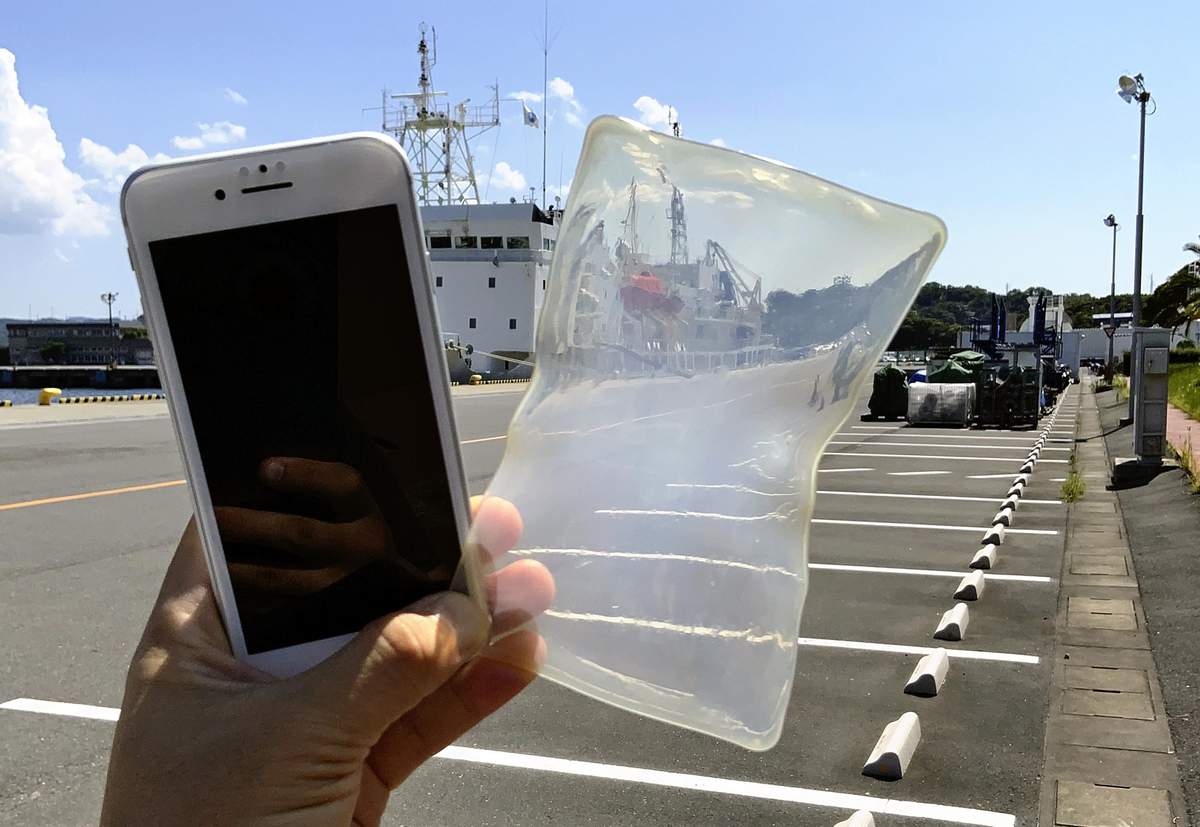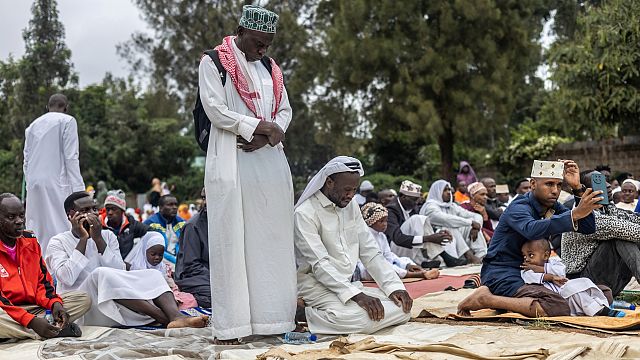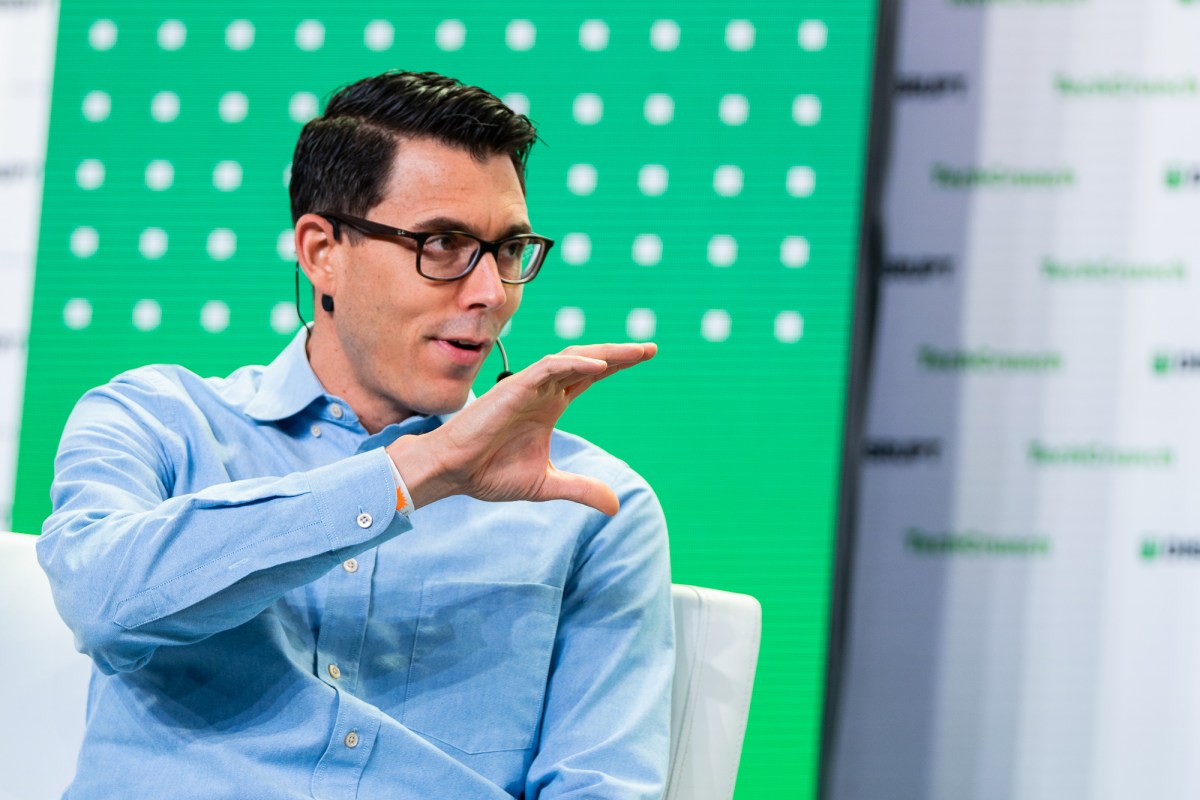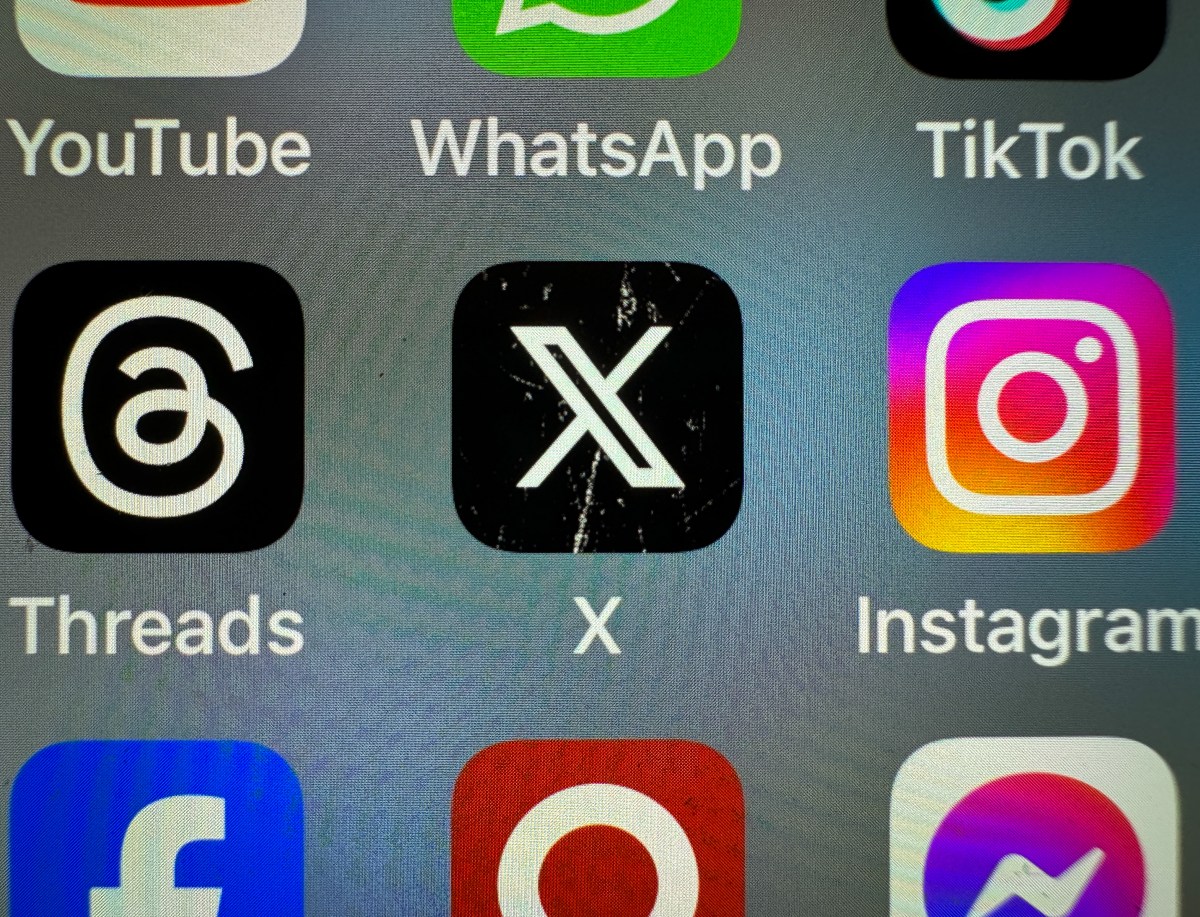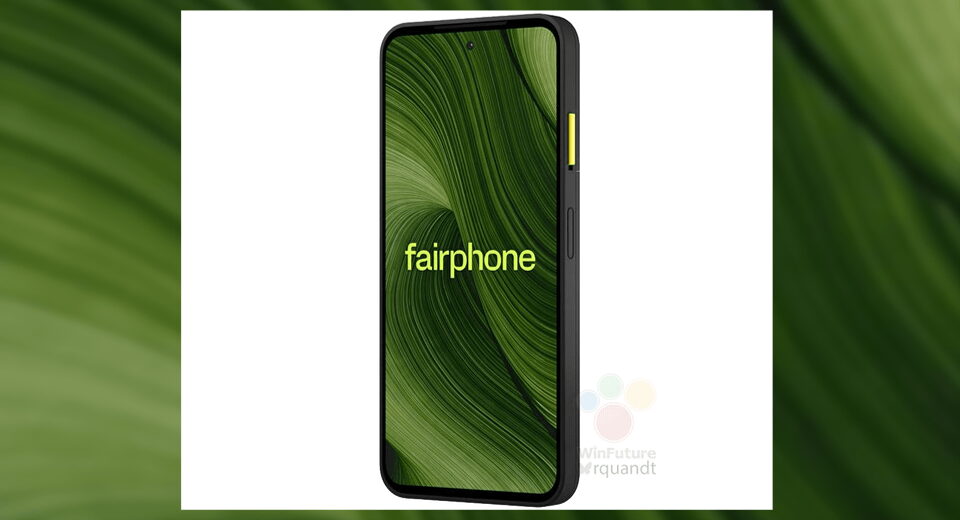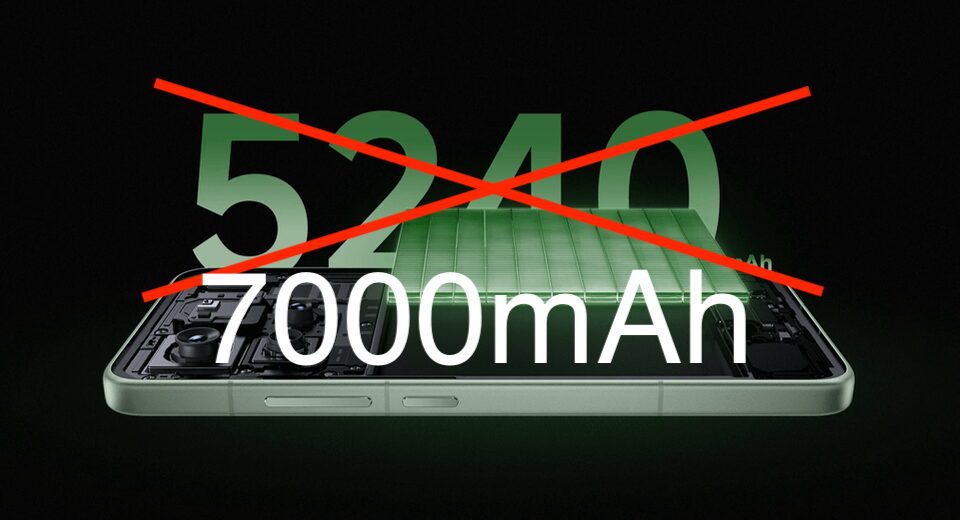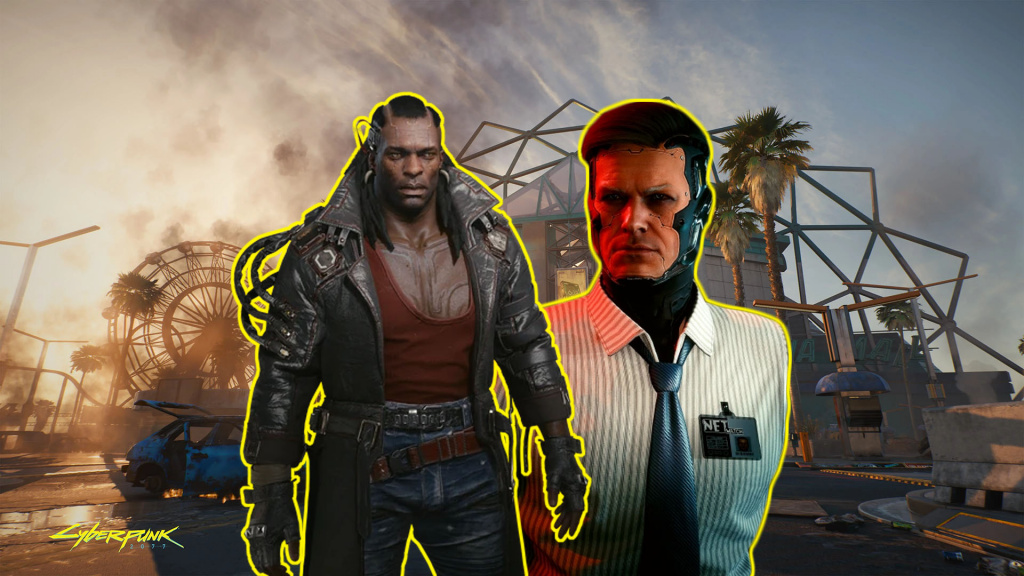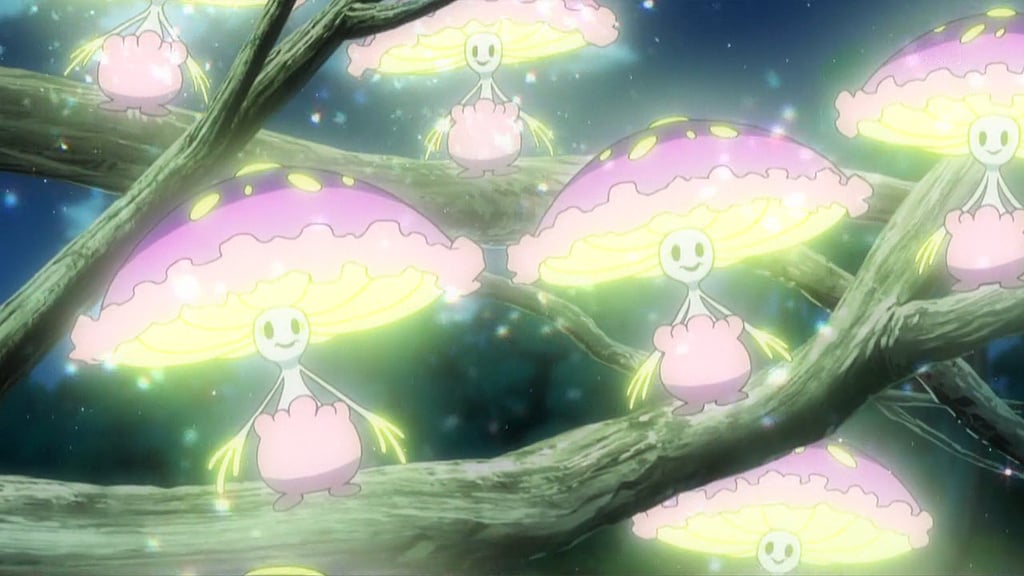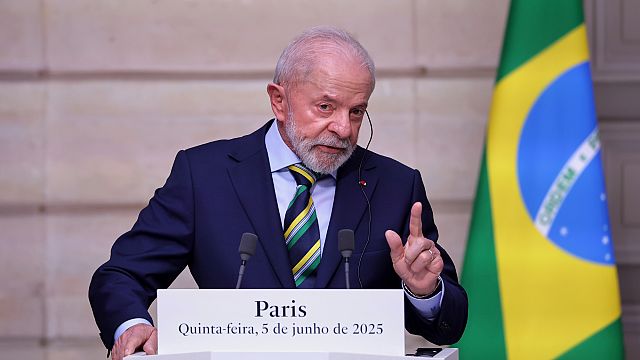Africans See Trump’s New Travel Ban as ‘A Big Slap in the Face’


Seven of the 12 countries on President Trump’s new list are on the continent, where some said the policy was discriminatory and would unfairly affect their future. When Africans woke up to the news this week that seven of the 12 countries on President Trump’s new travel ban list were African nations, the response, for many, was a mix of resignation and anger. Resignation because several African nations were previously banned during Mr. Trump’s first term, including Nigeria, Africa’s most populous country. Anger because they were unsure what African governments could do to get the ban lifted, if it would lead to family separations and how exactly each country landed on the list in the first place. “I think it’s a discriminatory decision, a decision he’s taken out of racism,” Narciso Edjang, a 19-year-old medical student in Malabo, the capital of Equatorial Guinea, said of Mr. Trump’s announcement. Equatorial Guinea is one of the seven African nations Mr. Trump targeted in the travel ban announced on Wednesday night. The others are Chad, the Republic of Congo, Eritrea, Libya, Somalia and Sudan. The ban goes into effect on Monday. Mr. Edjang had hoped to one day study medicine in the United States, where, he said, training was much better than in Equatorial Guinea, a country that is rich in oil but mired in pervasive poverty and inequality. Those hopes have now faded, he said. Travel to the United States from Africa was already difficult for most Africans; visa applications are frequently rejected and fees are often prohibitively expensive. During Mr. Trump’s first ban, in 2017 — which was seen as targeting Muslim-majority countries — many students, professionals and refugees faced prolonged uncertainty as the legal challenges wended their way through court. “This is a worrying decision for us Equatoguineans, because we know that when we travel, we always try to respect the rules,” said Juan Pedro, a 40-year-old teacher in Malabo. Even Africans from countries not on Mr. Trump’s list were anxious about what the new ban might mean for them, fearing it could be extended to other nations on a moment’s notice. “Regardless of whether I have been a law abiding resident in USA, regardless of my contribution to the USA in any capacity, I may be asked to leave or prevented from re-entry into the country,” Isaac Antwi, a scientist from Ghana who studied in the United States, wrote in a post on LinkedIn. Mr. Trump’s announcement on Wednesday included partial bans on countries such as Sierra Leone, where many were shocked to learn they were no longer welcome to travel to the United States. In the capital, Freetown, Joseph Bockarie, a metalworker with a sister in the United States, was trying to decide what to do. His sister had invited him to visit, and he has saved up money for the trip. He has a visa appointment next week, but now he is not sure he will show up. “I am afraid to be rejected,” he said. “I can’t imagine that trauma.” The Trump proclamation identified Sierra Leone as a country where visitors frequently overstay their visas, though many in the West African nation speculated that it had been targeted because of its reputation as a narcotics hub. “It’s a big slap on the face,” said Willcy Pratt, a resident of Freetown. He worried that it would affect his chances of visiting the United States someday, and said his government should do whatever it could to ensure it was not put on the list of fully banned countries. On Thursday, the African Union called on the Trump administration to adopt a “more consultative approach” with the countries on the list. The group said it was concerned about the state of relations between the United States and African nations, which have been “carefully nurtured over decades.” Since Mr. Trump took office in January, those relations have been strained. He imposed steep tariffs, throwing the future of a critical trade program into doubt. The Agency for International Development, which saved millions of African lives over decades, has been dismantled. Mr. Trump lectured South Africa’s president, Cyril Ramaphosa, in the Oval Office last month, on what he falsely claimed amounted to a genocide against white South Africans. David Gilmour, the U.S. ambassador to Equatorial Guinea, wrote on social media that 70 percent of the Equatoguineans who travel to the United States to studyoverstay their visas. “Those Equatoguineans who have not respected U.S. immigration law are causing a problem that has restricted the travel of their fellow citizens,” he wrote. “If you know someone who is presently in the United States without a valid visa, tell them to return to Equatorial Guinea immediately.” Margarita Mbang, a 24-year-old student at the University of Equatorial Guinea, acknowledged that some citizens from her country, when they arrive in the United States, “stay forever.” Mr. Trump’s proclamation also criticized nations on the list for refusing to take back citizens who were flagged for deportation by the United States. Neither the West African regional body known as ECOWAS nor the Central African one called ECCAS immediately issued statements about the travel ban. Chad’s president, Mahamat Idriss Déby, said that he had instructed his government to suspend visas for Americans in response to Mr. Trump’s decision. “Chad has neither planes to offer nor billions of dollars to give, but Chad does have its dignity and pride,” he said in a statement. Bright Simons, a policy analyst in Ghana, said African officials needed to recognize the “hyper-transactional and low-consultation model” of the Trump administration and try to keep up. “The rules of the game in Washington have changed,” he said. “Too many African embassies are staffed with people who can’t respond at the pace required with the skill necessary.” The foreign minister of Sierra Leone, Timothy Kabba, acknowledged that in the past his country had refused to accept citizens in the United States who had been added to deportation lists. But that has changed since he took office in 2023, he said. “Since I took over, we have accepted all identified affected persons,” Mr. Kabba said. Some Africans said the ban presented an opportunity for African governments not only to push back against the Trump administration, but also to do better for all Africans. Mohamed Kamara, a deliveryman in Freetown, Sierra Leone, called on his government to make sure there were enough jobs in the country for people to make a living. If there were, he said, there would be “no need for someone to go to another man’s country.” “If there are job opportunities, there is no need to travel to hustle,” he said. Samuel Obiang Mbana contributed reporting from Malabo, Equatorial Guinea, Joseph Johnson from Freetown, Sierra Leone, and Abdi Latif Dahir from Nairobi, Kenya.
What's Your Reaction?
 Like
0
Like
0
 Dislike
0
Dislike
0
 Love
0
Love
0
 Funny
0
Funny
0
 Angry
0
Angry
0
 Sad
0
Sad
0
 Wow
0
Wow
0
